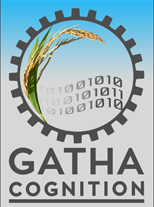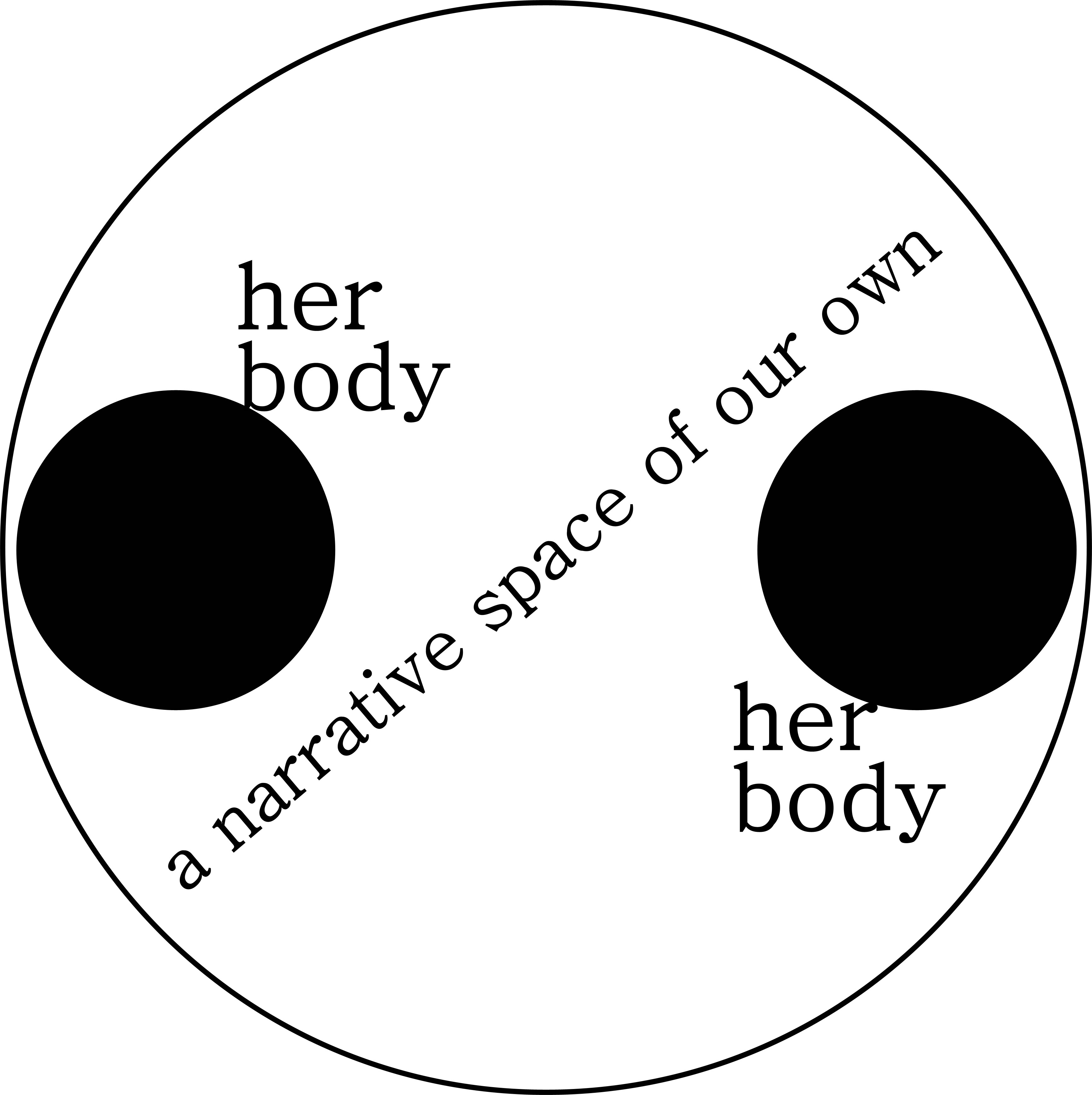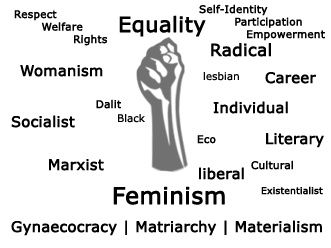Article Title :
Gender in Afghanistan’s Wheat and Agricultural Literature - How to Get to Empowerment? 
2(2018)
43-52
Afghanistan , Agriculture , Development , Feminist , Gender , Livelihoods , Wheat


This review of 45 documents demonstrates the massive evidence gap in gender relations in Afghanistan agriculture. Women face greater constraints than men in generating an income from agriculture, especially if single, but how this has changed over time and many other assumptions require empirical study. Furthermore, how to empower women economically in a patriarchal society is unclear, but the literature suggests that masculinity studies may present some answers. The review highlights the methodological challenges associated with conducting gender sensitive research in Afghanistan and the way misunderstood gender relations create further development challenges. Many questions remain about the role of agriculture in Afghanistan livelihoods and how this shapes, and is shaped by, gender relationships. Moreover, what an agenda for women’s empowerment should look like in Afghanistan’s rural farming communities remains unclear from the review. Empowering women in Afghan’s agriculture sector requires considerable experimentation, more data and contextually relevant, carefully designed programs. The review is relevant to development practitioners, researchers and agricultural scientists working in Afghanistan.

The article reviews 45 documents demonstrates the massive evidence gap in gender relations in Afghanistan agriculture.
Women face greater constraints than men in generating an income from agriculture.
How to empower women economically in a patriarchal society is unclear.
The literature suggests that masculinity studies may present some answers.
The review highlights the methodological challenges associated with conducting gender sensitive research in Afghanistan.
The review is relevant to development practitioners, researchers and agricultural scientists working in Afghanistan.
AlMaseb, H. and Julia, M., 2007. Muslim women achieving control over their lives: factors supporting empowerment. Social Development Issues, International consortium for social development. 1(29), 81-99.
Freire, P., 1973. Education for critical consciousness, Seabury, New York.
Gutierrez, L. M. and Lewis, E. A., 1999. Empowering women of color. Columbia University Press, New York.
Kabeer, N., 1994. Reversed Realities. London: Verso.
Kandiyoti, D., 2017. Bargaining with patriarchy. In McCann, C., and Kim, SK (eds.), Feminist Theory Reader: Local and Global Perspectives. Routledge, London. Fourth edition, 103-111.
Kantor, P. and Pain, A., 2011. Running Out of Options. Tracing Rural Afghan Livelihoods. Afghanistan Research and Evaluation Unit (AREU), Synthesis Paper Series.
Lautze, S., Stites, E., Nojumi, N. and Najimi, F., 2002. Qaht-e-Pool ‘A Cash Famine’. Food Insecurity in Afghanistan 1999-2002. Feinstein International Famine Center, Tufts University.
ODI [Overseas Development Institute], 2017. Afghanistan’s ‘surplus’ rural population: Briefing paper. Secure Livelihoods Research Consortium Overseas Development Institute (ODI).
Pain, A. and Shah, S. M., 2009. Policy making in Agriculture and Rural Development in Afghanistan. Afghanistan Research and Evaluation Unit (AREU), Case Studies Series.
Papanek, H., 1982. Purdah in Pakistan: Seclusion and Modern Occupations for Women. In Separate Worlds, Hanna Papanek and Gail Minault, Eds. 190-216. Columbus, MO: South Asia Books
Persaud, S., 2012. Long-term growth prospects for wheat production in Afghanistan: A report from the Economic Research Service. Economic Research Service/USDA
Poole, N., Echavez, C., Rowland, D., and AREU, 2017. Stakeholder perceptions of agriculture and nutrition policies and practice: A policy brief for Afghanistan, LANSA working paper series, 2016(9), The Afghanistan Research and Evaluation Unit (AREU).
Rostami Povey, E., 2004. Women in Afghanistan: Passive victims of the Borga or active social participants? In Afshar, H., and Eade, D. (eds.), Development, Women, and War: Feminist Perspectives. Oxford, Oxfam GB, 172-187.
Scalise, E., 2009, Women’s inheritance rights to land and property in South Asia: A study of Afghanistan, Bangladesh, India, Nepal, Pakistan, and Sri Lanka, Rural Development Institute (RDI).
Wu, J., 2012. ‘The People Follow the Mullah, and the Mullah Follows the People’: Politics of Aid and Gender in Afghanistan post-2001. Rapoport Center Human Rights, Working Paper Series, 3.





